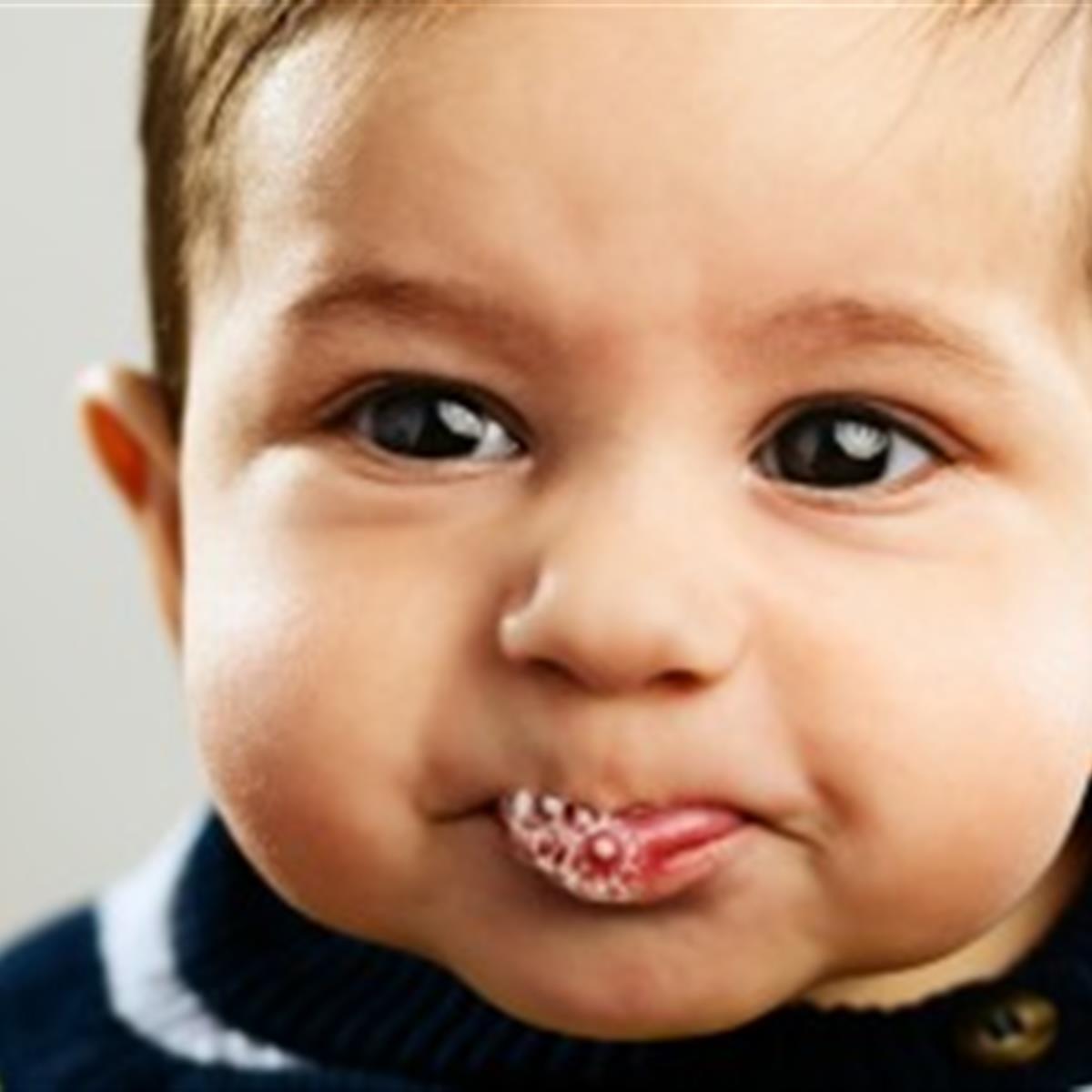why do babies drool a lot at 2 months
While its true that drooling is very common for children around 2 -3 months old and typically lasts until a child reaches 12-15 months -s roughly the same age that teething begins drooling merely means your babys salivary glands are starting to fire up after not being needed as much when eating easy-to-digest milk. Many parents misunderstand that drooling is related to diseases in babies.
Excess Saliva Can Signal Health Conditions That Cause Speech Development Delays
Drooling and drooling bubbles are normal during the beginning period of babies development.
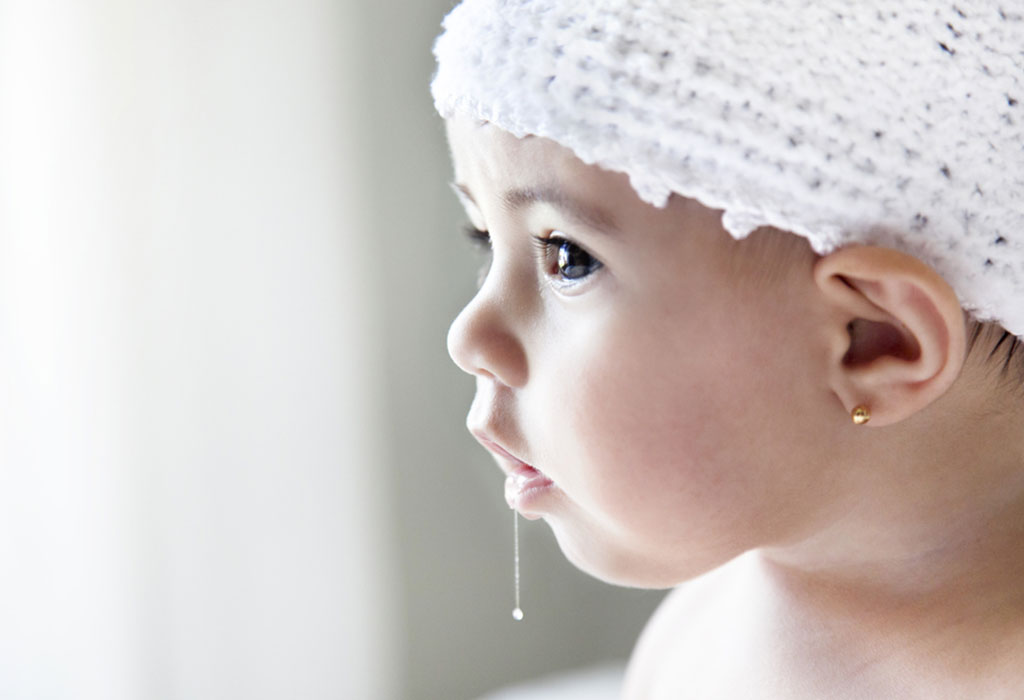
. While newborns dont produce a great deal of saliva after 2 months babies begin to drool even more. If your little one drools or blows bubbles then it is a sign that he has entered a new period of growth. Yes drooling does play an important role in the growth and development of a baby.
Protects your babys teeth. It is intensified in the third month and will stop when their first set of teeth is. Due to the lack of developmental path it comes in the way due to premature birth also.
Washes away food residues. According to Morris Klein in Pre-Feeding Skills Second Edition the following possible causes of excess drooling might include. Drooling is a sign of teething in a baby.
Swallowing problems-the underdeveloped mouth muscles make it difficult for infants to swallow all the saliva. At 2 months your baby should be taking around 4 ounces at each feeding and both breast and bottle feedings should be. At this age babies often like to stand up while held and bear weight.
As they grow the muscles mature and drooling stops before their second birthday. To keep your baby safe be careful what objects are left within reach. This does not mean that your baby is teething.
However it is not true. What Does It Mean When Babies Drool A Lot. Softens and moistens food once solids are part of your babys diet.
Second Month Baby Milestones. For the average child unnecessary loss of saliva stops around age 4. At this age babies start to suck and chew on everything and saliva production increases without the baby even realizing it.
As early as three months of age babies tend to have saliva flowing outside the mouth. Babies do what they do while settlingThey also drool because they make spit and have no social burden of having to hide itIt is not seizure activity. This unintentional salivation is known as drooling.
Should a 2 month old drool. This seems unbelievable but it is true. Makes it easier for your baby him to swallow.
Drooling and blowing bubbles are also a sign of physical development in toddlers. Drooling fulfills several important functions for your baby. An excess of saliva and drooling is normal in babies.
Saliva is vital for digestionwhich is why your mouth waters when you smell a delicious dinner on the stove. It is a normal part of the physical developments occurring in the infant. Drooling often occurs when babies are just 1 or 2 months of age.
It occurs when the toddler has overdeveloped the swallowing capacity that is the reason that drooling does occur in babies. While its true that drooling is very common for children around 2-3 months old and typically lasts until a child reaches 12-15 months-s roughly the same age that teething begins drooling merely means your babys salivary glands are starting to fire up after not being needed as much when eating easy-to-digest milk. Teething which results in more saliva production.
Some babies drool for a little bit while others tend to drool constantly. Saliva also contains ptyalin a digestive enzyme that changes starch into sugar. Keeps your babys mouth moist.
For other children however it can be excessive. It is fine to allow your baby to do this. Why does my baby drool so much at 2 months.
Researchers believe a babys excess drool production is connected to a developing digestive systemso the appearance of drool is likely a sign that your babys digestive system is in full development mode. Soon your babys salivary glands will start to work and your baby will begin to drool. This is because they havent learned to swallow their saliva yet.
What happens is when the tooth begins traveling through the gum it catalyzes saliva production which in turn means your baby starts to drool. Another reason why babies drool so much around this age is because it helps them grow and develop. While its true that drooling is very common for children around 2-3 months old and typically lasts until a child reaches 12-15 months-s roughly the same age that teething begins drooling merely means your babys salivary glands are starting to fire up after not being needed as much when eating easy-to-digest milk.
The following things cause excessive drooling as the baby grows.

2 Month Old Excessive Drooling March 2019 Babies Forums What To Expect
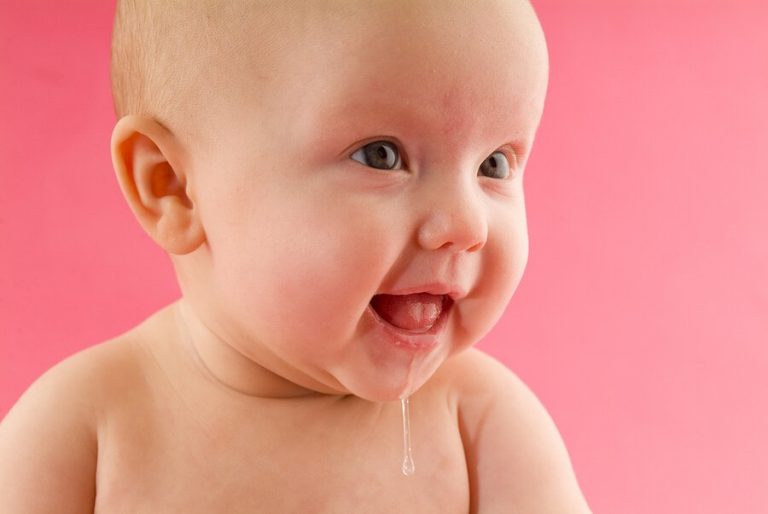
What To Do If Your Baby Drools A Lot You Are Mom

10 Signs Your Baby Is Teething Detroit And Ann Arbor Metro Parent
Baby Drooling Causes Developmental Stages Treatment

Baby Spitting Up Clear Liquid Causes And When To Call The Doctor

Your 2 Month Old Week 2 Babycenter

2 Month Old Baby Development Milestones Growth Babycenter

Your 2 Month Old Week 2 Babycenter
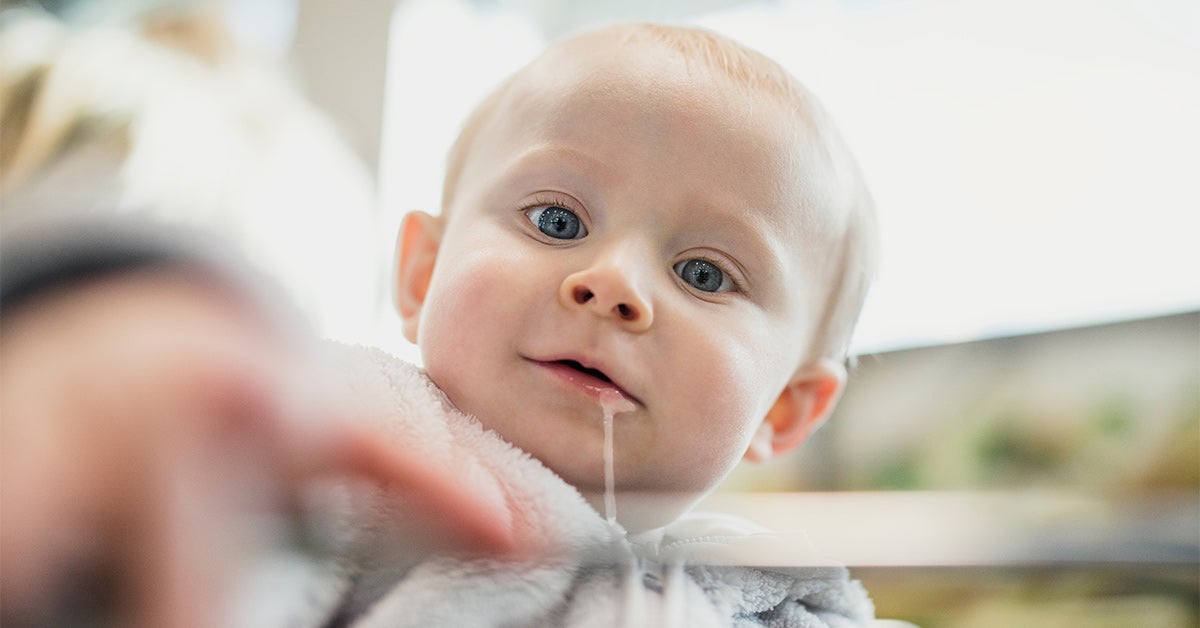
Baby Spit Up Is Spitting Up This Much Normal
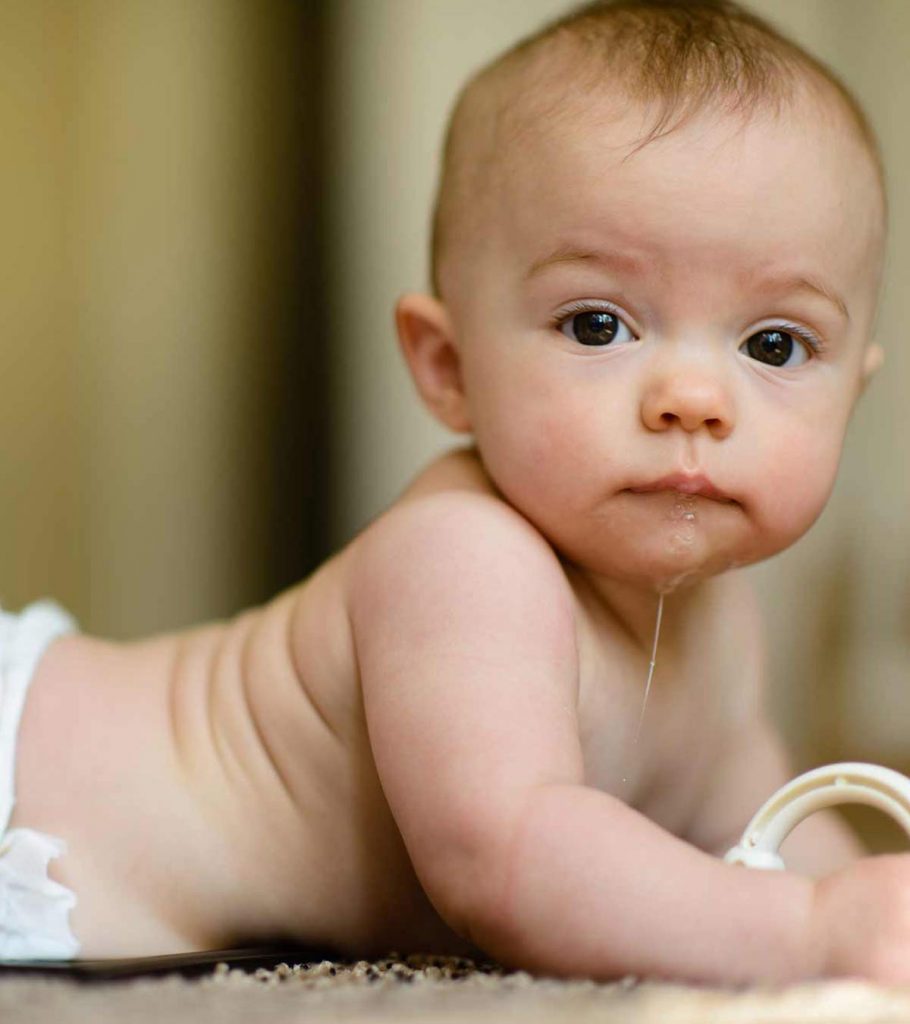
Baby Drooling Causes Treatment And Ways To Manage It
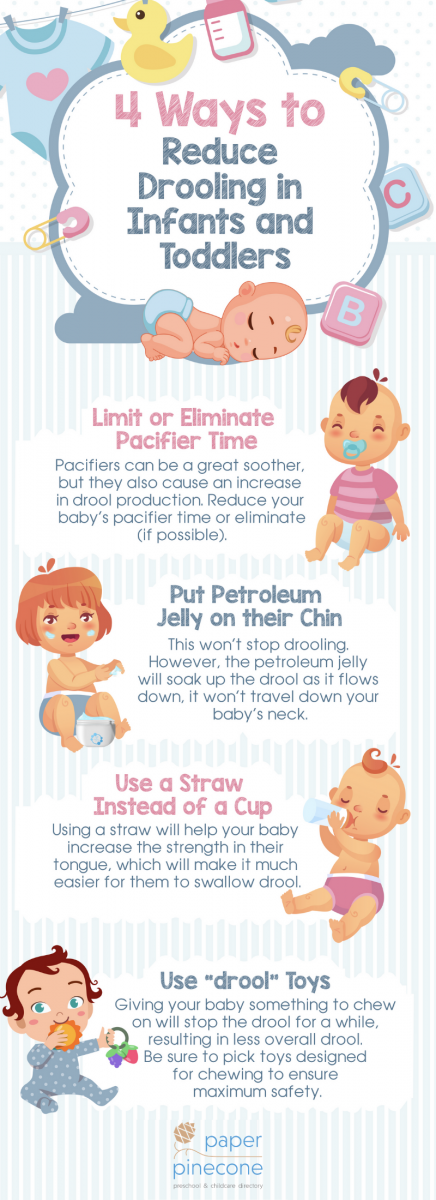
Facts About Your Drooling Baby Is It Natural

Baby Drooling At 2 Months Here S What To Know Cadence Education
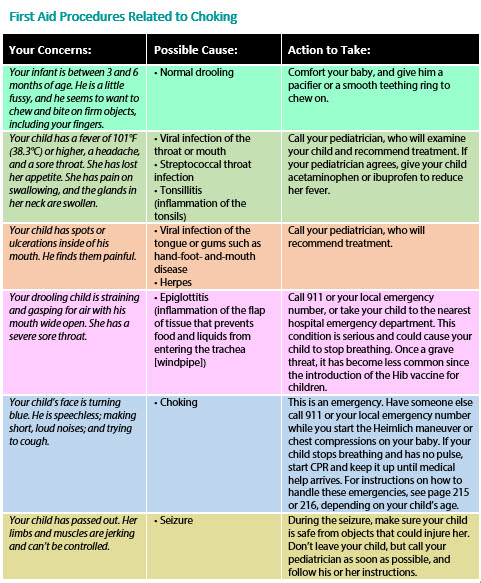
Drooling And Your Baby Healthychildren Org

Baby Drooling Causes Developmental Stages Treatment
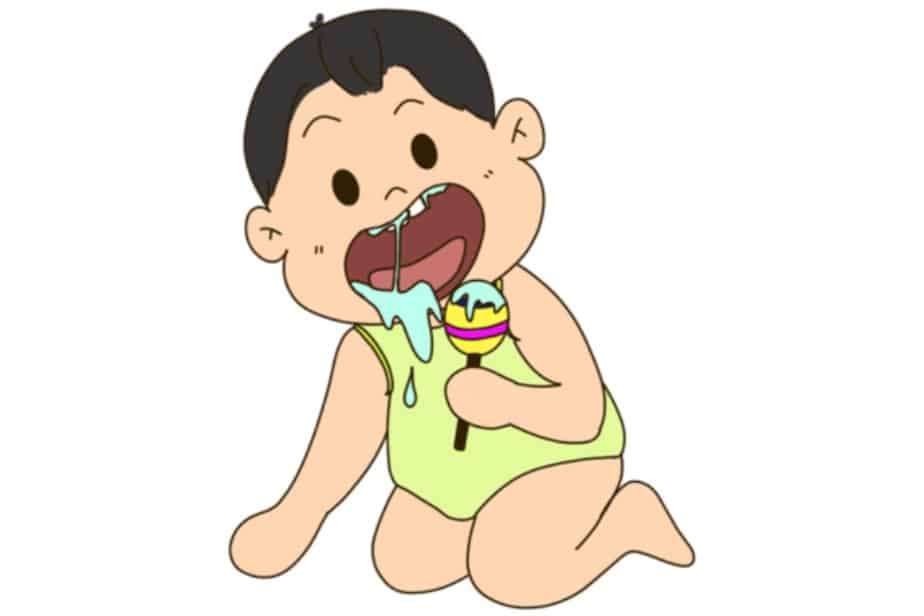
Why Does My Baby Drool So Much The Family Pillar

Baby Drooling Causes Developmental Stages Treatment

10 Ways To Stop Your Baby From Drooling Boldsky Com
